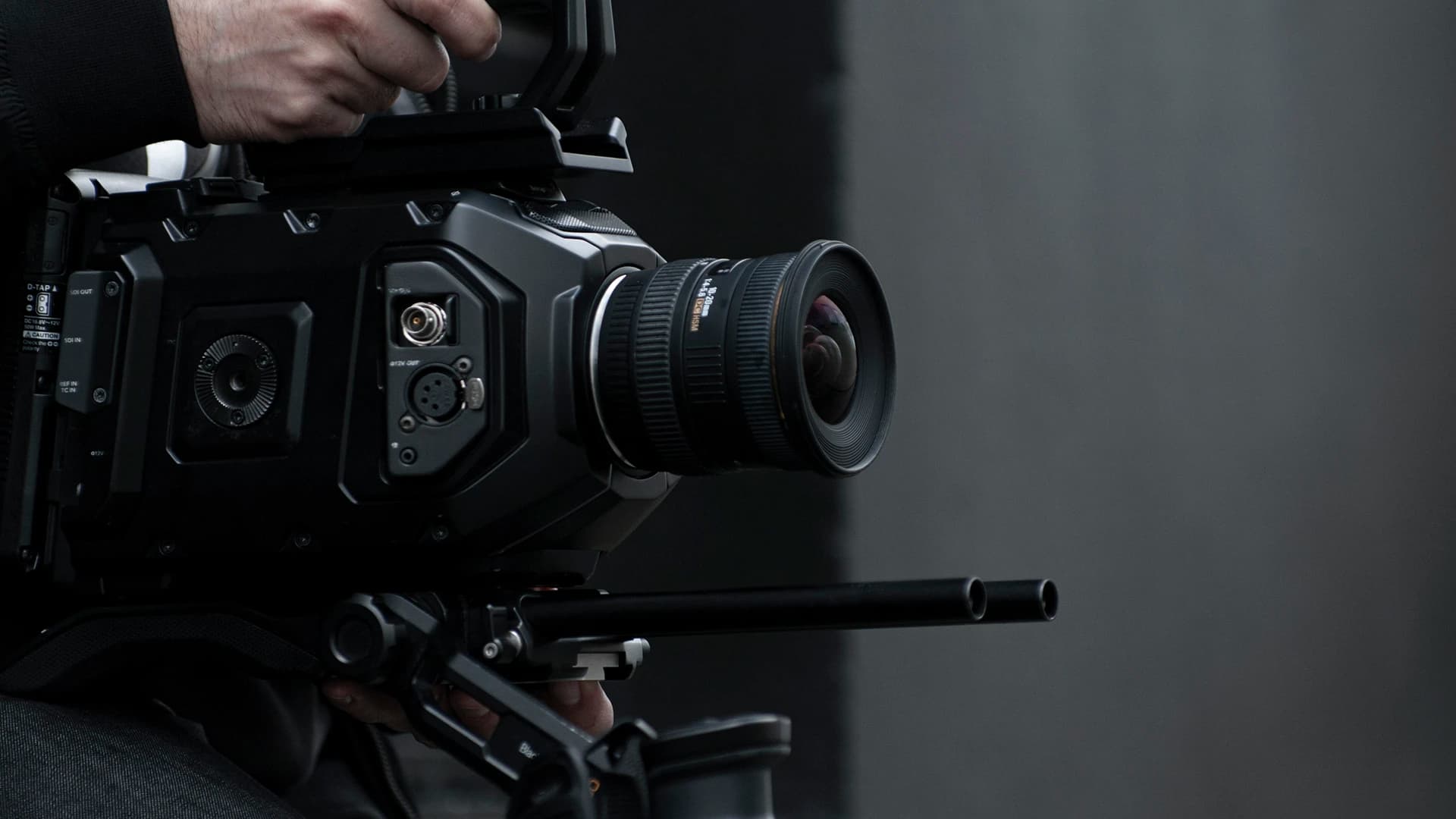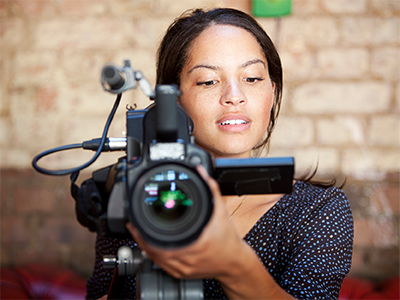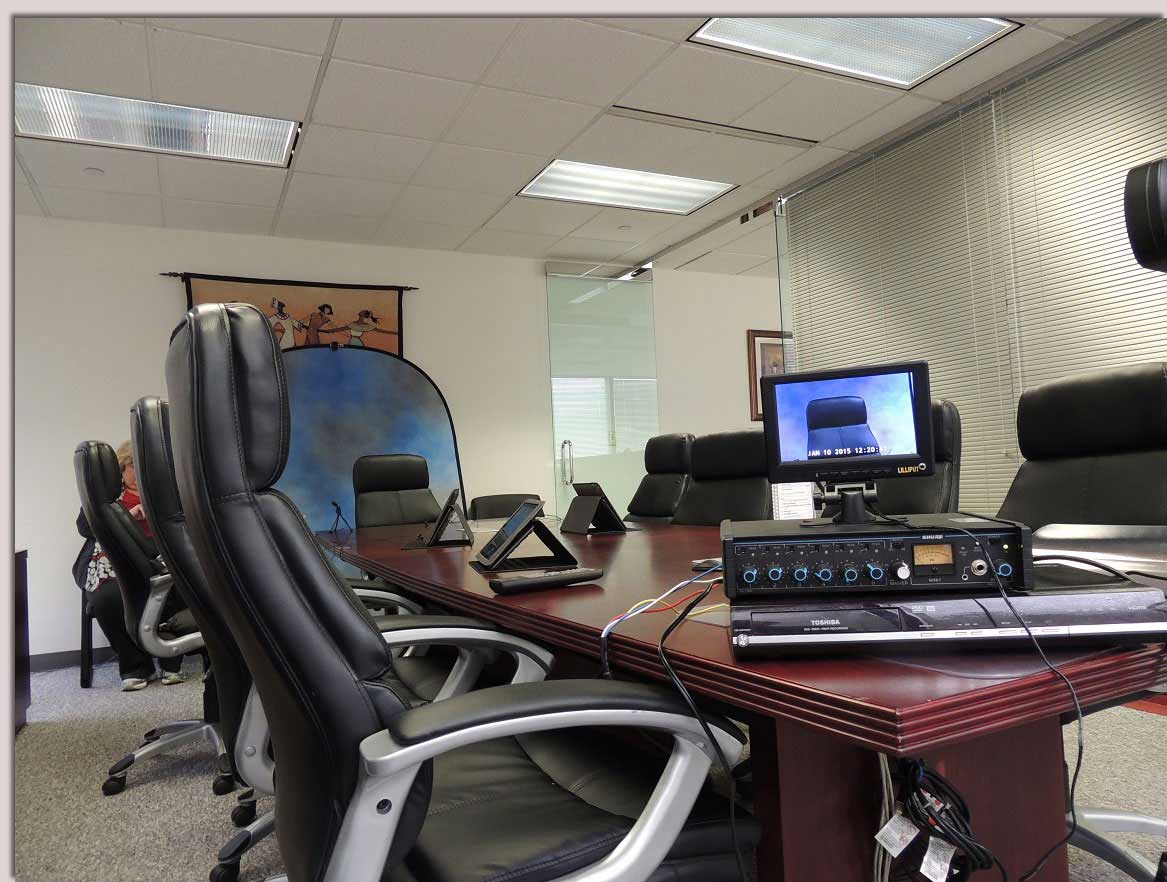The Role of Legal Videography in Depositions and Trials
Lawful videography has actually emerged as a crucial device in both depositions and tests, supplying a diverse method to documenting witness testaments. As lawful specialists progressively acknowledge its value, it prompts a much deeper exam of exactly how these visual records can influence juror perceptions and test results.
Value of Legal Videography
Legal videography plays an essential role in the documentation and discussion of depositions and tests. This specific area integrates technical abilities with lawful understanding to produce a dependable record of process that can significantly affect case results. The visual aspect of legal videography boosts the understanding of witness statement, allowing jurors and courts to observe not only the talked words but likewise the attitude, emotions, and body language of the witnesses.

The relevance of lawful videography extends beyond the court room; it likewise plays a crucial role in preserving proof for future recommendation, whether for appeals or further lawsuit. Because of this, its assimilation into the legal procedure is necessary for guaranteeing a fair and exact representation of the realities, eventually contributing to the search of justice.

Refine of Legal Videography
While capturing the subtleties of depositions and tests, the process of legal videography includes numerous critical steps that make sure top quality, precise recordings. An expert lawful videographer prepares by assessing the instance materials and understanding the certain demands of the deposition or trial. This preparation includes familiarizing themselves with the participants and the context, which helps in catching essential information.
On the day of the recording, the videographer establishes the essential tools, which typically includes high-definition cameras, microphones, and proper lights. Guaranteeing ideal angles and audio top quality is crucial, as it directly impacts the effectiveness of the recording. The videographer communicates with attorneys and participants to develop methods, ensuring that everyone recognizes the recording procedure.
Throughout the deposition or trial, the videographer carefully records the proceedings, paying attention to both spoken and non-verbal signs. legal videography. This includes capturing the disposition and reactions of witnesses and attorneys. After the session wraps up, the videographer may modify the video for clearness and compliance with lawful criteria, creating an end product that precisely reflects the process for future referral and usage in legal contexts
Advantages in Depositions
The consolidation of videography in depositions provides numerous advantages that enhance the total process of collecting evidence. One primary advantage is the capability to record witness statements with aesthetic and auditory integrity, giving a much more accurate depiction of the witness's behavior, tone, and body movement. This multidimensional technique allows lawyers and juries to analyze integrity better than conventional written records alone.
Furthermore, videographed depositions work as a powerful device for preserving statement. Should a witness ended up being unavailable for trial, their videotaped deposition can be played in court, guaranteeing that their evidence continues to be easily accessible and pertinent. This element dramatically decreases the threat of shedding crucial info that can impact situation end results.
Additionally, using legal videography advertises far better preparation for attorneys. Examining video clip footage allows legal teams to examine and improve their strategies, determining toughness and weak points in their situations. This primary benefit can bring about more compelling presentations in court.
Finally, videography improves the total professionalism and reliability of the deposition procedure, instilling self-confidence in customers pertaining to the thoroughness of their lawful depiction. By leveraging innovation, lawyers can dramatically improve the this effectiveness of depositions.
Impact on Trials
In many trials, the integration of videography can considerably influence the presentation of evidence and the court's perception. Legal videography catches witness statements and vital evidence in a dynamic format, allowing jurors to engage with the product on numerous degrees. This aesthetic element improves the storytelling aspect of a trial, giving context and psychological vibration that typical text-based proof might lack.
Furthermore, video recordings can offer as effective devices for impeachment during cross-examination. When discrepancies develop between a witness's prior declarations and their court room statement, video clip evidence provides an objective referral internet that can persuade jurors' viewpoints. This immediacy and clearness can reinforce the credibility of a party's story while at the same time threatening opposing arguments.
In addition, making use of videography can help streamline intricate info, making it much more accessible to jurors that may struggle to comprehend elaborate details provided exclusively through spoken testimony. By incorporating visuals with auditory information, lawful videography can enhance retention and understanding, ultimately influencing the court's decision-making process. The impact of videography in tests extends beyond mere looks; it plays a vital role in shaping the lawful landscape and results.
Future Trends in Legal Videography
As we look toward the future of legal videography, numerous emerging patterns promise to reshape its function within the court room. One considerable fad is the integration of expert system (AI) in video analysis and editing and enhancing - legal videography. AI can streamline the procedure of identifying crucial minutes in recorded depositions, allowing lawyers to quickly access appropriate material, therefore enhancing effectiveness in situation prep work
Additionally, the rise of online truth (VR) and increased truth (AR) technologies is anticipated to change how jurors experience evidence. By immersing click this link jurors in a simulated atmosphere, these innovations can give a more profound understanding of complex scenarios, resulting in more enlightened deliberations.

Moreover, the increasing demand for remote depositions, increased by the COVID-19 pandemic, will likely proceed. Lawful videographers will certainly need to adapt to new software and platforms to make certain top quality recordings in online settings.
Finally, the growing emphasis on information protection will certainly require stricter procedures for storing and sharing video clip proof. As the legal landscape evolves, lawful videographers have to stay abreast of these trends to preserve their importance and efficiency in the judicial process.

Verdict
In summary, lawful videography serves a crucial function in the judicial procedure, improving the honesty of depositions and trials. By recording the nuances of witness testaments, this tool not just protects crucial proof but likewise help in presenting details efficiently to jurors. The relevance of visual paperwork in reviewing trustworthiness and promoting cross-examination can not be overstated. As modern technology remains to develop, lawful videography is positioned to further transform its function within the lawful landscape.